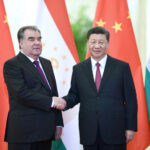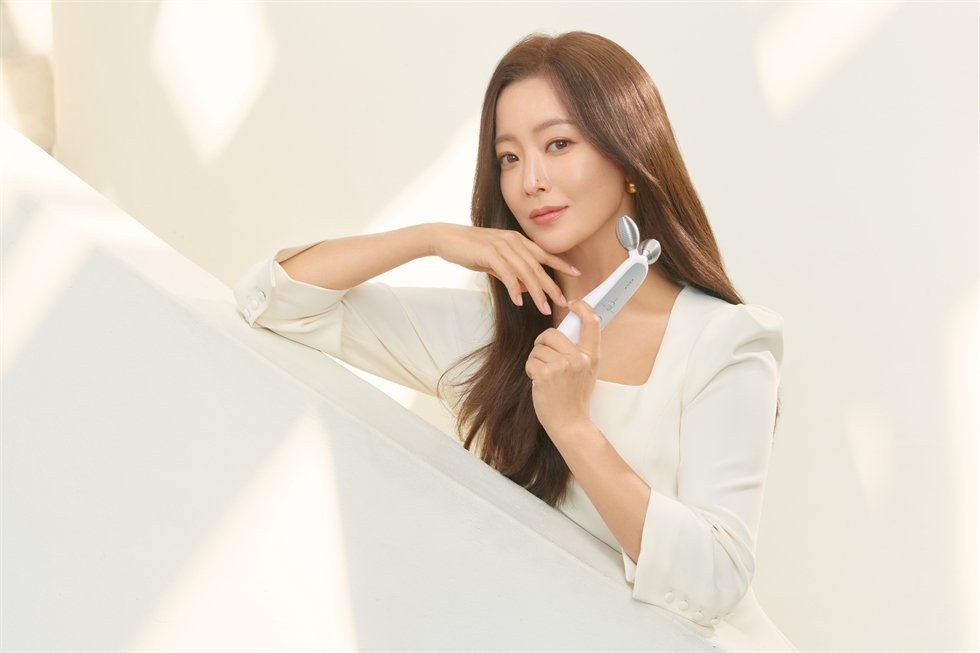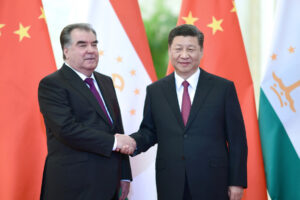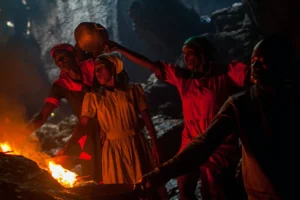JAKARTA, Indonesia ― From its sustainable image and futuristic design, to its collaboration with BTS in promoting its IONIQ cars, Hyundai is ahead of its peers when it comes to the younger generation’s electric vehicle (EV) dreams.
Korean culture, especially K-pop, has a huge influence in my home country of Indonesia, which is also one of the reasons why Hyundai is so well-known. A survey organized by BTS fans ― also known as ARMY, with more than 562,000 respondents ― had Indonesia ranked in the top three countries for fans with almost 40,000 ARMY fans coming from the country.
However, earlier this year, we fans received disappointing news: Hyundai would be working with Indonesia’s Adaro Minerals, an oil, gas and coal mining company, to supply “green aluminum” for their cars, including their EVs.
Hidden behind promises of “green aluminum” was the truth: The so-called green aluminum would be manufactured at a new 1.1 GW coal power plant in Kalimantan, an area of outstanding natural beauty in Indonesia.
BTS’ members have spoken about their love of nature and their desire to care for the environment and it was incredibly disappointing when a company with a reputation for sustainability (and represented by our idols) chose to sign an agreement that will harm our Earth ― so ARMY fans fought back.
Through the Hyundai Drop Coal campaign, a play on the song titled “Mic Drop” by BTS, we demand that Hyundai not use the dirty aluminum from Adaro so long as they are using coal, and instead, they should source their aluminum from sustainable alternatives like solar and wind.
We also launched a petition with our demands, which had more than 10,500 signatures from people in 68 countries, including Indonesia, South Korea, Japan, the U.S., the U.K., Canada, Australia, Thailand, Singapore and the Philippines.
Indonesian ARMY fans wrote an open letter to Hyundai Executive Chair Chung Euisun to express their disappointment, saying; “Hyundai could be the start of something truly green and great by withdrawing from Adaro’s aluminum as long as it is powered by coal.”
Indonesia is vulnerable to the climate crisis, being on the Ring of Fire and experiencing extreme weather events caused by climate change. It also suffers from serious air pollution, something South Korean people can relate to, which is why we were exceptionally disappointed by Hyundai’s decision to go ahead with the agreement with Adaro.
Hyundai is at a crossroads. They have the opportunity to take the lead in making consistent sustainable choices, including re-thinking their agreement with Adaro as long as coal is involved.
There are other options; Indonesian state-run smelting company Inalum chose to use renewable energy over coal because it is significantly cheaper, and global retail giant Amazon set a record for the most renewable energy purchased in a single year (2022), with 133 projects in 11 countries, including Indonesia.
According to Market Forces, a climate action group that focuses on exposing institutions that finance environmentally destructive projects, Hyundai’s agreement with Adaro to purchase 50,000 to 100,000 tons of aluminum a year from this smelter as stated in their agreement, will increase their Scope 3 emissions by 3 percent to 6 percent and harm its public goal of achieving carbon neutrality by 2045.
Hyundai holds great sway over ARMY and K-pop fans mostly coming from the younger generation, that’s why we were happy to receive a reply from Hyundai – which arrived on the 10th anniversary of BTS’ debut – acknowledging our concerns and opening the door for further conversations with us.
This is their time to show a strong position in fighting the climate crisis and the will of true sustainability by announcing that they will produce their car with clean energy only. Youths represent the next generation of consumers ― Hyundai should consider its decisions to produce cars that do not do harm to the environment and our future.
Source: Korea Times















